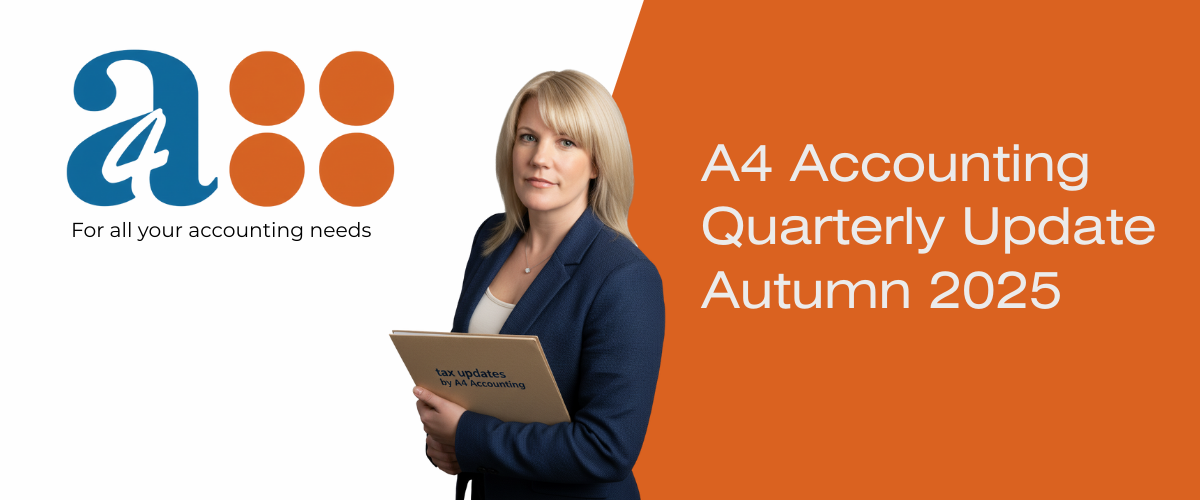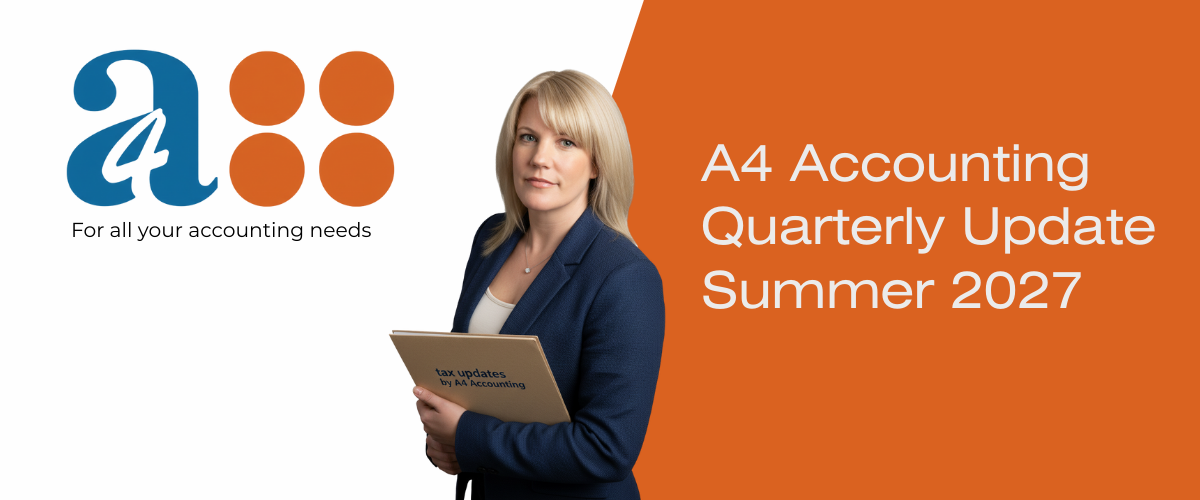
Accounting News – Spring 2022

Accounting News – Autumn 2022
Accounting News – Summer 2022
Should You Operate as a Sole Trader or a Limited Company?
One of the most common questions for new and growing businesses is whether to operate as a sole trader or set up a limited company. Both options have pros and cons, and the right choice depends on your goals, industry, and personal circumstances.
Sole trader: the basics
- Pros: Simple to set up, fewer filing requirements, and you keep full control of your profits.
- Cons: You are personally liable for debts, and as profits grow, tax can become less efficient.
Limited company: the basics
- Pros: Limited liability protects your personal assets, potential tax savings through dividends, and often a more professional image with clients.
- Cons: More admin, formal accounts to file, and directors must meet strict compliance requirements.
Tax considerations
- Sole traders pay Income Tax and Class 2/4 NI on profits.
- Limited companies pay Corporation Tax, with directors taking income as salary and/or dividends. This can be more tax-efficient if profits are significant, but rules around dividends and allowances must be managed carefully.
When to consider switching
If your business is growing, or you’re planning to take on employees, seek funding, or reinvest profits, moving to a limited company may provide more flexibility and protection.
📞 Thinking about changing your business structure? Contact us today for personalised advice to make sure you choose the most tax-efficient and practical option for your situation.




